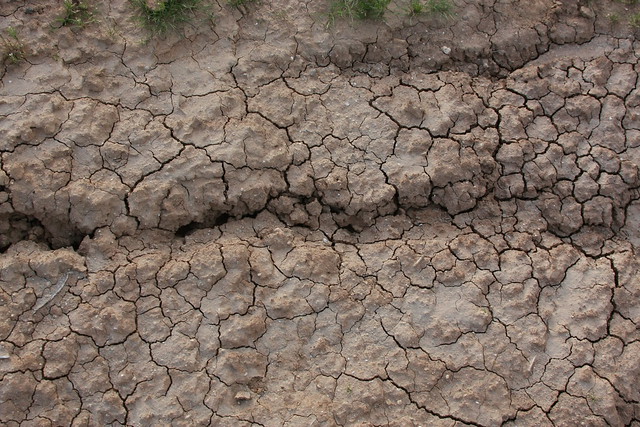Israel’s decision reflects its longstanding frustration with the council’s perceived anti-Israeli bias, diplomats said. Over half the resolutions passed by the council since it started work in 2006 have targeted Israel, which is also the only country to feature as a standing item on the council’s agenda.
One of the many items under review over the past decade has been Israel's accounting of water access. Israel counts only residents within Israel proper and settler's in the OPT, excluding Palestinians when accounting for access to water statistics.
Read more at:
http://www.nytimes.com/2013/01/30/world/europe/israel-to-boycott-un-human-rights-review.html?ref=global-home&_r=0




